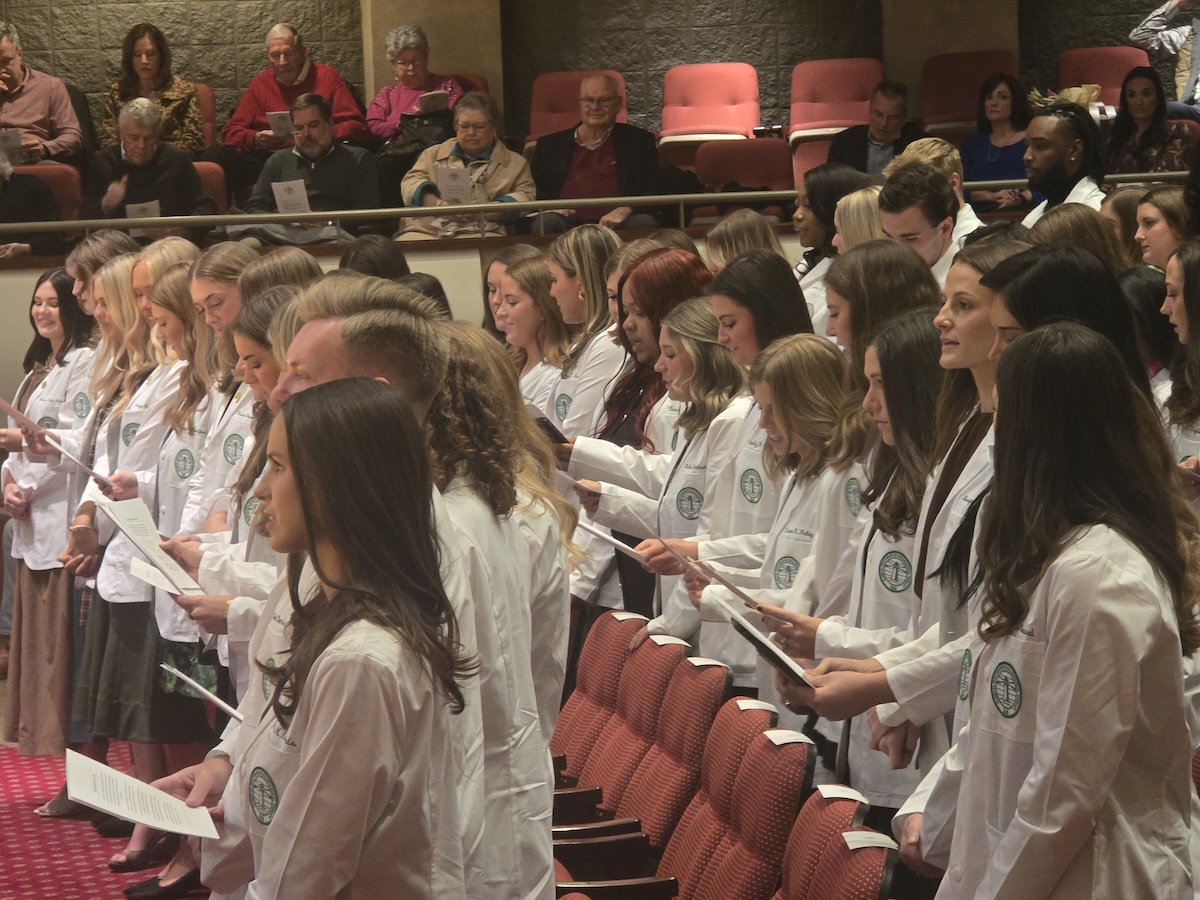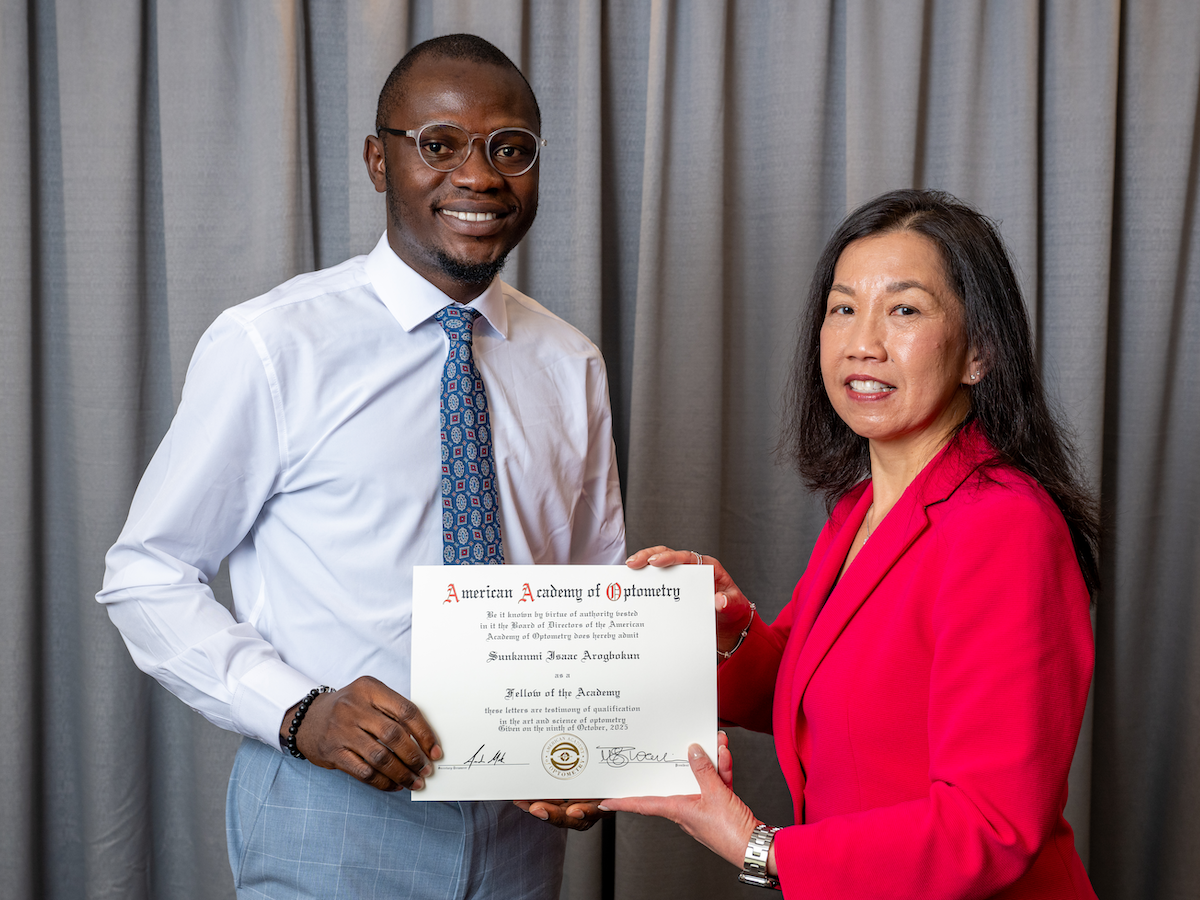Kelly Roszczynialski, M.D.
Clinical Assistant Professor, Emergency Medicine, Stanford University
When she joined the UAB Office of Interprofessional Simulation for Innovative Clinical Practice, Kelly Roszczynialski, M.D., as their simulation fellow, she was told about UAB’s new M.S. in Healthcare Simulation program.
“I knew that to pursue formalized training in foundational education theory for simulation and expand my knowledge base on educational research as well as quality improvement and management would be the perfect adjunct to my simulation fellowship,” said Roszczynialski, a clinical assistant professor of Emergency Medicine with Stanford University.
But what she did not know then, is that the COVID-19 pandemic would hit the United States only a few months after she was the first-ever graduate of the MSHS program.
Q&A with Kelly
What did you learn in the program?
I expected to gain a better understanding of educational theory and practice, what I found was the program expanded beyond education I had courses on strategic leadership, healthcare finances, and project management. I was given more than just the tools to develop a simulation curriculum for education, I now have the tools to better advocate simulation to my institution and leadership for quality improvement.
How has COVID-19 impacted your simulation advocacy?
We quickly realized the need to train our providers on safe airway protocols for intubation of COVID PUIs and implemented a series of 12 in-situ simulations for team training in the emergency department in April including attending physicians, resident physicians, nurses, ED technicians, ED pharmacists, and respiratory therapists. These simulations were done with active ED staff and did not have any additional providers attend as well as all participants were masked and gloved to ensure safety and compliance with COVID regulations. We then developed a training video to disseminate to all physicians the COVID intubation protocol to safely educated our department.
How has the pandemic affected your work?
Initially our standard resident simulations had to be canceled from March to August, we have been able to resume simulations in our Center for Immersive and Simulated-based Learning (CISL) this fall with significant safety precautions. I am grateful for all the work from the team at CISL to allow us to again safely hold simulation sessions for our resident physicians.
Your initial goal was to design a two-year simulation curriculum for Stanford’s emergency medicine residents. All things considered, how is that coming along?
With the need for decreased group sizes during simulation and time to allow for thorough cleaning between sessions, it has been necessary to transition from 1-hour sessions to 25-minute sessions. This time-constraint has certainly challenged the scenario design, but we are learning more ways to maximize our time to ensure learning objectives are met and the residents are fulfilled. The two-year curriculum is still in process, the cases are being designed with varying levels of difficulty for junior and senior residents. This is intended so that during the four-year residency while residents may see the same case twice, there will be more advanced learning objectives matching their level of training.
Why should others choose M.S. in Healthcare Simulation?
The program not only creates great educators, but it also highlights the importance of skills in project management, leadership, financial management, and clinical quality improvement. The professors and administration are incredibly flexible and supportive and understand that this program is in conjunction with your professional and personal life. It will provide a strong foundation to develop a simulation program at any institution.
There is only one “first” – how does it feel to be part of the first class?
It is exciting to be the first graduate and comes with a responsibility to represent the program well. I am happy to help contribute to the success of the program, its students, and its growing alumni network.

